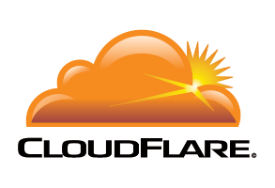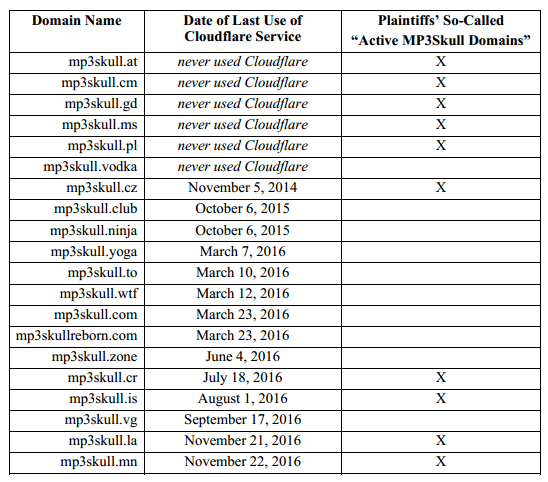Google Challenges Canada’s Global Blocking Injunction in the US
mercredi 26 juillet 2017 à 21:30 Despite being what courts have described as an “innocent bystander”, Google has found itself at the heart of a potentially damaging intellectual property case. Running since 2014, Equustek Solutions Inc. v. Jack saw Canadian entities battle over stolen intellectual property.
Despite being what courts have described as an “innocent bystander”, Google has found itself at the heart of a potentially damaging intellectual property case. Running since 2014, Equustek Solutions Inc. v. Jack saw Canadian entities battle over stolen intellectual property.
Equustek Solutions claimed that Google’s search results helped to send visitors to Datalink websites operated by the defendants (former Equustek employees) who were selling unlawful products. Google voluntarily removed links to the sites from its Google.ca (Canada) results but Equustek wanted more, and soon got it.
A court in British Columbia, the Court of Appeal, and then the Supreme Court of Canada all agreed that Google should remove links to the sites on a global basis, by definition beyond Canada’s borders.
When court rulings encroach on potentially opposing legal systems overseas, difficulties are bound to arise. Google raised concerns that the decision would conflict with U.S. law, but the Supreme Court described the issues as “theoretical” and left it up to the U.S. to solve the problem.
In response, Google filed for an injunction at the US District Court for Northern California this week, arguing that the Canadian decision violates important U.S. legislation.
“Google now turns to this Court, asking it to declare that the rights established by the First Amendment and the Communications Decency Act are not merely theoretical,” Google wrote.
“The Canadian order is repugnant to those rights, and the order violates principles of international comity, particularly since the Canadian plaintiffs never established any violation of their rights under U.S. law.
“Pursuant to well-established United States law, Google seeks a declaratory judgment that the Canadian court’s order cannot be enforced in the United States and an order enjoining that enforcement.”
According to Google, Internet search results are fully protected speech under the First Amendment, and because the Canadian decision is directed to a specific speaker (Google) and is content-specific, it must come under scrutiny.
Google insists that the websites to be censored are already a matter of public record and Equustek has not shown that it has no alternative remedies to hand other than to censor Google’s results outside of Canada.
“Equustek has not sought similar delisting injunctions against the world’s other search engines, such as Bing or Yahoo,” Google writes, noting that action hasn’t been taken against regular websites carrying links either.
Google also suggests that Equustek could have taken action against Datalink’s registrars and webhosts, which have the ability to delete the actual sites in question. With the websites gone the search de-indexing battle would be moot, but for reasons unknown, Equustek has chosen a different battle.
Describing the Canadian order as one of “convenience,” Google criticizes the effort to deal with a Canadian legal problem on a global basis, adding that “no one country should purport to control the global internet.”
In closing, Google asks the court to declare the Canadian Order unenforceable in the United States on the basis it violates the the First Amendment, the Communications Decency Act, and public policy surrounding enforceability of foreign judgments.
“The Canadian Order purports to place the Canadian court in the position of
supervising the law enforcement activities of a foreign sovereign nation (the United States) against the United States’ own citizens on American soil. Because the Canadian courts ignored principles of international comity, corrective action by this Court is required,” Google concludes.
Source: TF, for the latest info on copyright, file-sharing, torrent sites and ANONYMOUS VPN services.
 Starting
Starting 
 In common with other sites dealing with user-generated content, Facebook has to battle a constant stream of unauthorized copyright material.
In common with other sites dealing with user-generated content, Facebook has to battle a constant stream of unauthorized copyright material.  Representing various major record labels, the RIAA filed a lawsuit against MP3Skull in 2015.
Representing various major record labels, the RIAA filed a lawsuit against MP3Skull in 2015.